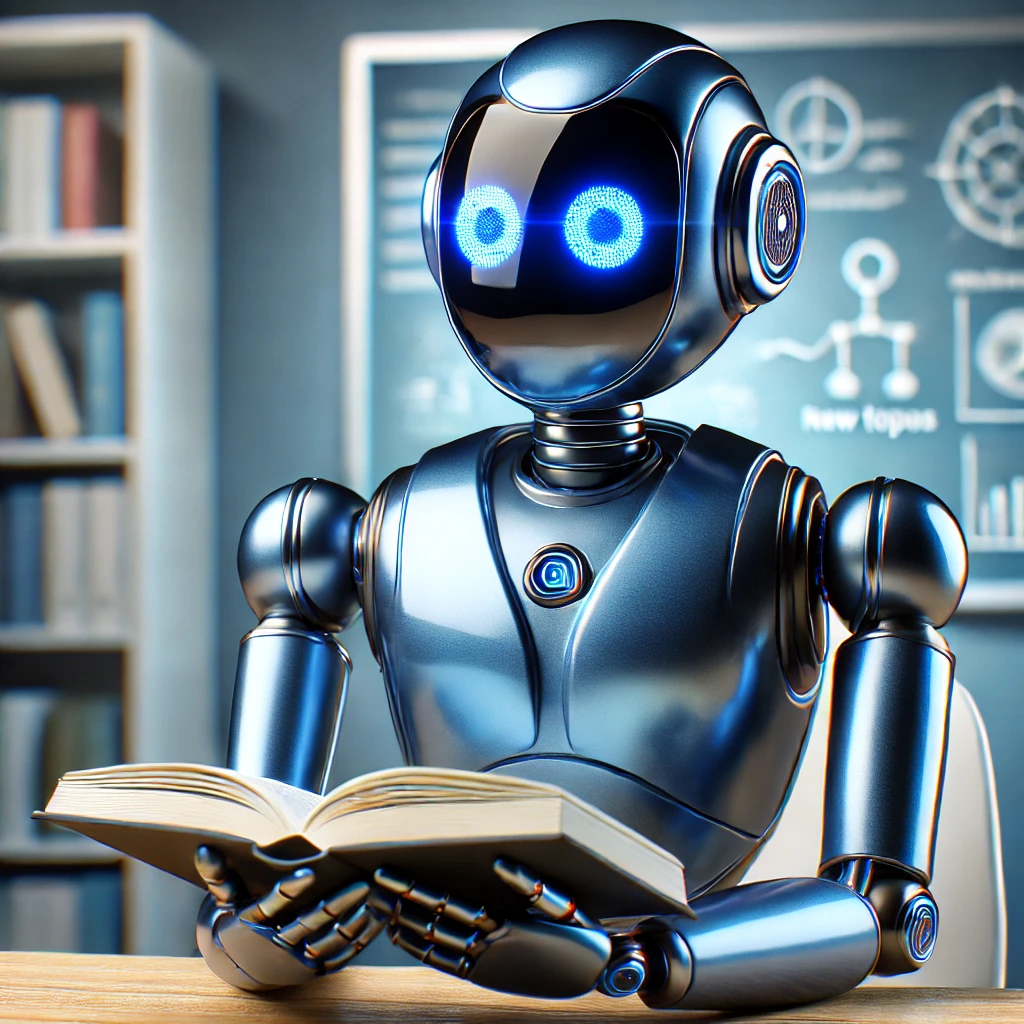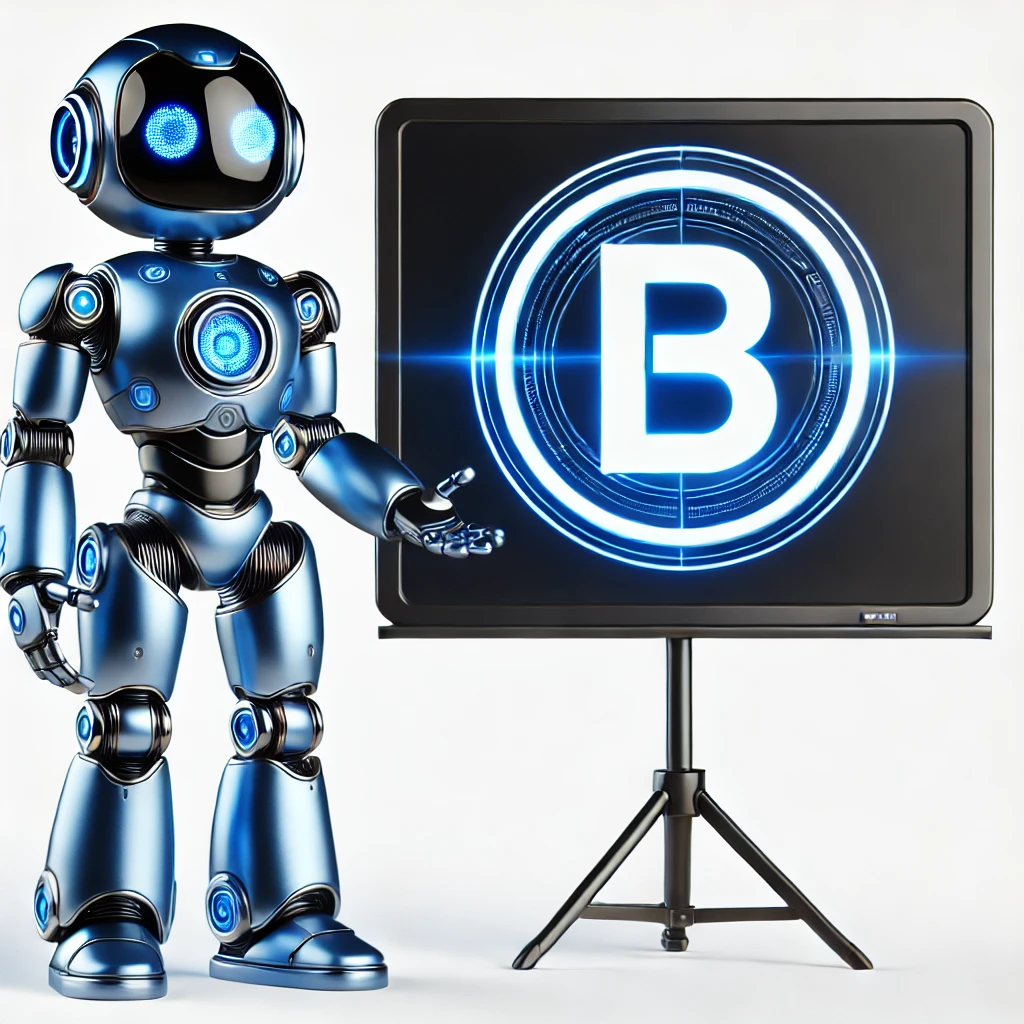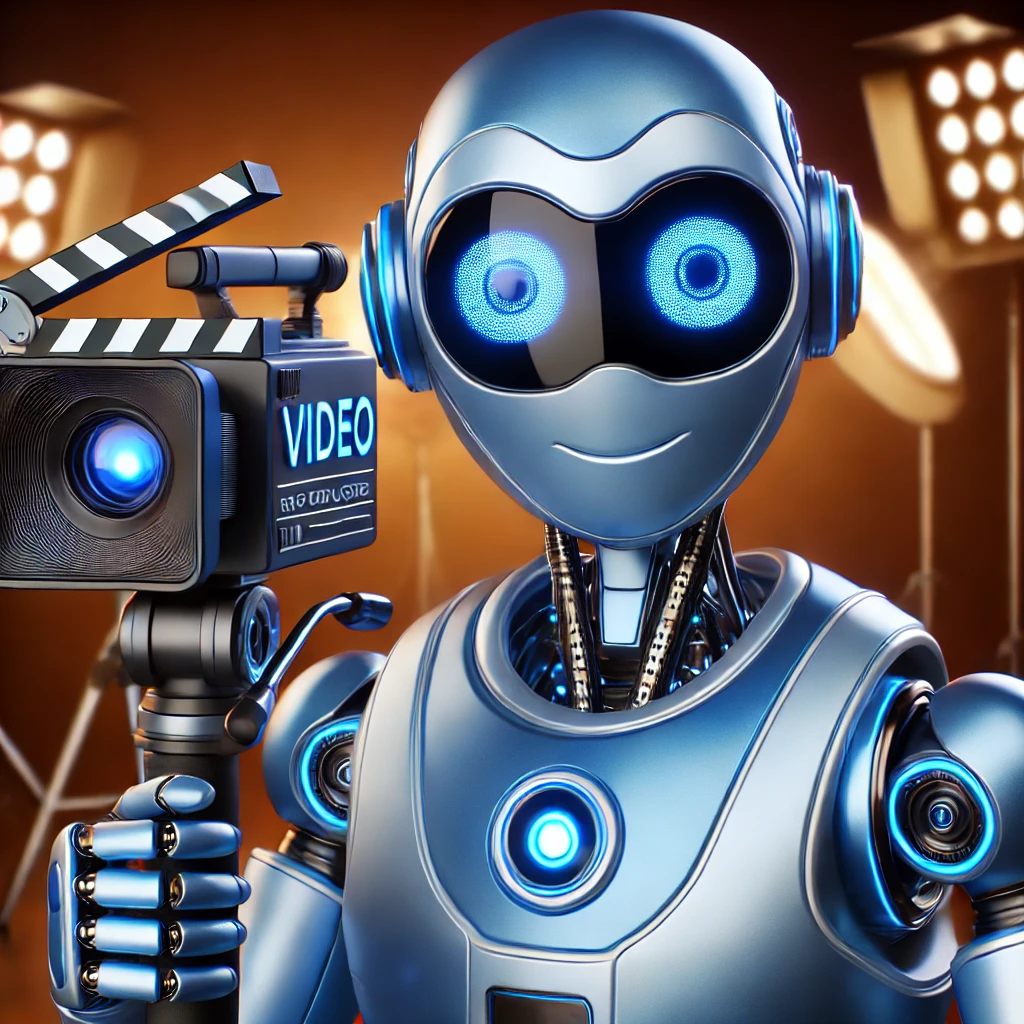How Generative AI Is Revolutionizing Learning: The Future of Knowledge Acquisition
-
 Sam Tech
Sam Tech - 03 Sep, 2024

In the ever-evolving landscape of technology, generative AI has emerged as a powerful tool that is reshaping the way individuals learn and acquire new knowledge. By leveraging advanced algorithms and machine learning, generative AI provides personalized, efficient, and interactive learning experiences that cater to diverse needs and preferences. This article delves into the various ways generative AI is revolutionizing learning across different domains, highlighting key tools and their impact on education and beyond.
What is Generative AI?
Generative AI refers to a type of artificial intelligence that can create content, including text, images, and even code, based on the data it has been trained on. Unlike traditional AI, which follows pre-set rules, generative AI can produce new and unique outputs, making it particularly powerful in educational settings. It can create personalized learning experiences, adapt content in real-time, and provide instant feedback, all of which contribute to a more engaging and effective learning process.
Personalized Learning Experiences
One of the most profound impacts of generative AI on education is its ability to create highly personalized learning experiences. Traditional education systems often struggle to address the unique learning styles and paces of individual students. Generative AI, however, overcomes this challenge by tailoring content to each learner’s needs.
Tools like ChatGPT and Duolingo Max exemplify this personalization. ChatGPT, powered by GPT-4, can break down complex topics into more digestible explanations, adapting the depth and complexity of information based on the user’s existing knowledge. Whether you’re a beginner or an expert, ChatGPT can guide you through new subjects at a pace that suits you.
Duolingo Max takes language learning to the next level by integrating GPT-4 to offer real-time feedback and role-play scenarios. This AI-driven feature allows users to practice conversational skills in a dynamic and interactive environment, which significantly enhances language retention and fluency. The ability to simulate real-world conversations in a controlled setting helps learners build confidence and proficiency more effectively than traditional methods.
Enhanced Access to Information
Generative AI has democratized access to information, making it easier for individuals to explore and master new topics. One of the key benefits of AI-driven learning tools is their ability to curate and organize vast amounts of information, presenting it in a way that is both accessible and relevant to the user.
Notion AI and Beloga are prime examples of how AI can streamline the learning process. Notion AI enhances the traditional note-taking experience by offering AI-generated summaries, creating study questions, and optimizing content for better retention. This tool is particularly useful for students and professionals who need to manage large volumes of information efficiently.
Beloga, on the other hand, serves as an AI-powered knowledge management platform that combines note-taking with intelligent search capabilities. It helps users organize their notes and link them to relevant web sources, making it easier to uncover new insights and retain information. Beloga’s adaptive search function allows users to explore multiple sources simultaneously, ensuring that they have access to the most comprehensive and up-to-date information available.
Automation of Learning Processes
Automation is another area where generative AI is making a significant impact on learning. By automating repetitive and time-consuming tasks, AI allows learners to focus on the more critical aspects of their studies, such as understanding and applying new concepts.
Quizlet and Jenni AI are two tools that leverage AI to enhance the learning experience through automation. Quizlet uses AI to generate flashcards, quizzes, and learning games that adapt to the user’s progress. This automated approach not only saves time but also ensures that learners are continuously challenged at the right level, which is crucial for effective learning.
Jenni AI supports academic research and writing by automating content generation and citation management. This tool is particularly valuable for researchers and students who need to quickly synthesize information from various sources. Jenni AI’s ability to generate coherent and well-structured content helps users grasp complex topics more efficiently, making it an indispensable tool for academic success.
Interactive and Engaging Learning
Generative AI has also transformed the way learners engage with new content. By creating interactive and immersive learning environments, AI helps learners stay motivated and retain information more effectively.
Duolingo Max and ChatGPT are at the forefront of this interactive learning revolution. Duolingo Max’s role-play scenarios, powered by GPT-4, allow users to engage in simulated conversations that mimic real-life situations. This hands-on approach to learning not only makes the process more enjoyable but also helps learners apply their knowledge in practical contexts.
ChatGPT offers a similar level of interactivity by providing real-time feedback and personalized tutoring. Whether you’re learning a new language, studying for an exam, or exploring a new field of interest, ChatGPT can adapt its responses to your specific needs, making learning more dynamic and tailored to your goals.
Facilitating Continuous Learning
In today’s fast-paced world, continuous learning is essential for personal and professional growth. Generative AI tools are making it easier than ever for individuals to keep their knowledge and skills up to date.
Beloga and Notion AI play a crucial role in facilitating continuous learning by providing users with the tools they need to organize, access, and build upon their existing knowledge. Beloga’s personalized library feature allows users to create a secure and organized repository of their thoughts, ideas, and research, making it easier to revisit and build upon previous learning.
Notion AI, with its ability to generate summaries and optimize content, ensures that users can quickly refresh their knowledge and stay current with the latest developments in their field. Whether you’re a lifelong learner or a professional looking to stay ahead of the curve, these tools provide the resources you need to succeed.
Exclusive Sam Tech Learning Prompt
At Sam Tech, we believe in helping users access generative ai, making it accessible to all. Therefore, we have created a custom learning prompt for you! You can find it here.
Conclusion
Generative AI is transforming the way we learn by offering personalized, efficient, and interactive experiences that cater to a wide range of learning styles and needs. From personalized learning paths and enhanced access to information to automation and interactive engagement, AI-driven tools are making it easier than ever to acquire new knowledge and skills.
As these technologies continue to evolve, their impact on education and personal development will only grow, providing learners with more opportunities to explore, learn, and succeed in an increasingly complex world.
References
- ChatGPT - OpenAI’s GPT-4 powered tool for personalized tutoring and learning support.
- Duolingo Max - A language learning app that uses GPT-4 to enhance language acquisition through interactive role-play and feedback.
- Notion AI - An AI-driven tool that helps users organize and optimize their notes for better learning and retention.
- Beloga - An AI-powered knowledge management platform that combines note-taking with intelligent search and organization.
- Quizlet - An AI-enhanced platform that automates the creation of flashcards, quizzes, and learning games.
- Jenni AI - An AI writing assistant that automates content generation and citation management for academic research.


